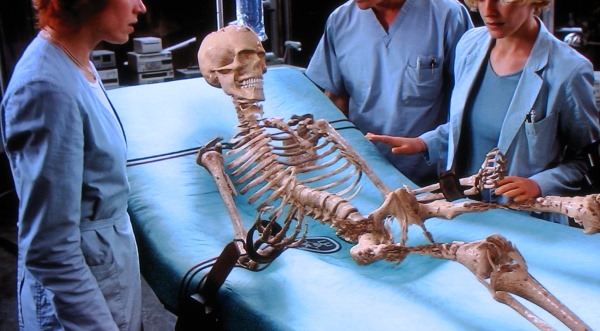From the Chicago Reader (January 10, 2003), where it was printed under the title “Against the Tide”. — J.R.

While putting together a collection of my film pieces for an upcoming book I included an appendix listing my 1,000 favorite films and videos made between 1895 and the present — features and shorts, live action and animation, narrative and experimental. The point was to cite not the works I consider the most important historically but the ones that still provide me with the most pleasure and edification.
This took more work than anticipated because I didn’t have a surefire method of recalling all the possible candidates. I worried about the inevitable oversights, including even ones from 2002. I also worried that I’d wind up weighting the list with more old than recent films — a fear that proved to be mainly groundless. The year between 1924 and 2002 for which I listed the fewest titles — five — was 1937. Four other years — 1926, 1939, 1942, and 1945 — yielded only six apiece. The peak year was 1955, with 21 titles. Generally speaking, there was a steady rise through the 50s, a decline in the 60s, then a leveling off: 17 items in the teens, 72 in the 20s, 95 in the 30s, 103 in the 40s, 160 in the 50s, 133 in the 60s, 130 in the 70s, 129 in the 80s, and 125 in the 90s. Read more
This appeared in the November 6, 1998 issue of the Chicago Reader. Reseeing Pleasantville on DVD, I continued to find its diverse perceptions and confusions equally fascinating. On his audio commentary, producer-director-writer Gary Ross alludes to his childhood as the son of an activist screenwriter who was blacklisted, and part of what’s so intriguing about the film is the way its own theme of innocence crossed with sophistication is matched at times by its own multiple forms of ideological doublethink. Ross’s ongoing and seemingly untroubled assumption, for instance, that black and white film is innately artificial and stylized whereas color film is innately “realistic” makes me wonder how he can perceive MGM Technicolor of the 50s as being closer to reality (and thus presumably further away from fantasy) than all the black and white cinematography from the same period — or whether, for that matter, he can even distinguish sufficiently between the alleged “realism” of the contemporary color sections of this film and the subsequent expressionism of the hallucinogenic colors impinging on a 50s sitcom’s black and white to confidently declare that both of these kinds of color are automatically and unproblematically superior to black and white in representing reality accurately. Read more
Reposted to mourn the death in 2015 of a titan, at age 106. From the July-August 2008 Film Comment, with the subhead “Negotiating the singular career of Portuguese master Manoel de Oliveira on the eve of his 100th birthday “. — J.R.
The cinema isn’t easy
Because life is complicated
And art indefinable.
Making life indefinable
And art
complicated.
— Manoel de Oliveira, “Cinematographic Poem,” 1986 (translated from the Portuguese)
Since this century has taught us, and continues to teach us, that human beings can learn to live under the most brutalized and theoretically intolerable conditions, it is not easy to grasp the extent of the, unfortunately accelerating, return to what our 19th-century ancestors would have called the standards of barbarism.
— Eric Hobsbawm, The Age of Extremes: A History of the World, 1914-1991

To insist that all great filmmakers contain multitudes is to risk a counter-response — that the same might equally be said of the not-so-great. Just as much labor can be expended on bad work as on good, and this applies to the labor of viewers and filmmakers alike. Read more
From the August 11, 2000 Chicago Reader. — J.R.

Hollow Man
Rating *** A must see
Directed by Paul Verhoeven
Written by Andrew Marlowe
With Elisabeth Shue, Kevin Bacon, Josh Brolin, Kim Dickens, Greg Grunberg, Joey Slotnick, Mary Randle, and William Devane.

Apart from Space Cowboys, Clint Eastwood’s enjoyably auteurist swan song, Paul Verhoeven’s latest feature, Hollow Man, was the only summer Hollywood release I’d been looking forward to. For one thing, I’d hoped it would give me an opportunity to reassess his previous works, most of which I now think I underestimated when they were released.
I was pretty hospitable to Total Recall (1990), but I awarded a black dot to Basic Instinct (1992), mainly because I was incensed about the calculations of Joe Eszterhas’s $3 million script (I’m leaving aside Verhoeven’s Dutch movies because the only one I’ve seen is The 4th Man). I declined to review Showgirls (1995) at length, noting somewhat puritanically toward the end of my capsule: “I suppose the overall theory is that male spectators will tolerate any amount of stupidity and unpleasantness for the sake of acres of tits and ass, but you’ve got to hand it to the filmmakers for putting such a theory to the ultimate test: if anyone emerges from this with a smile on his face he must hate women as much as this movie does.” Read more




